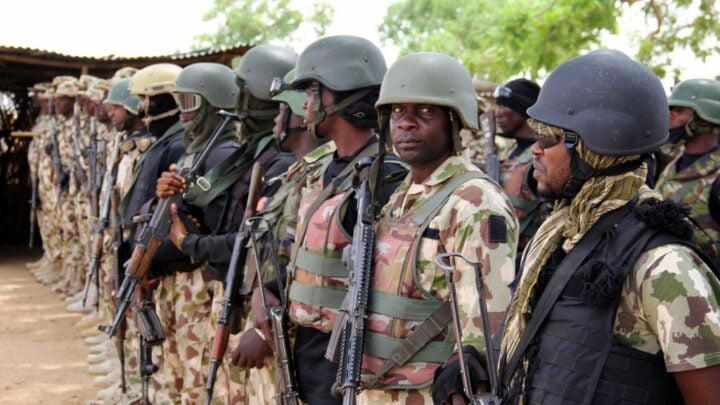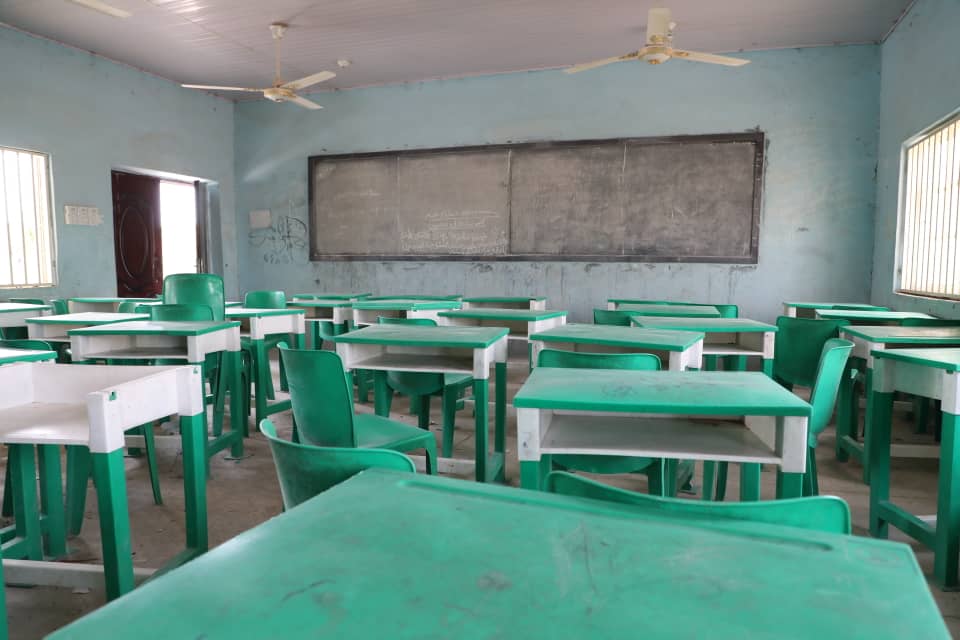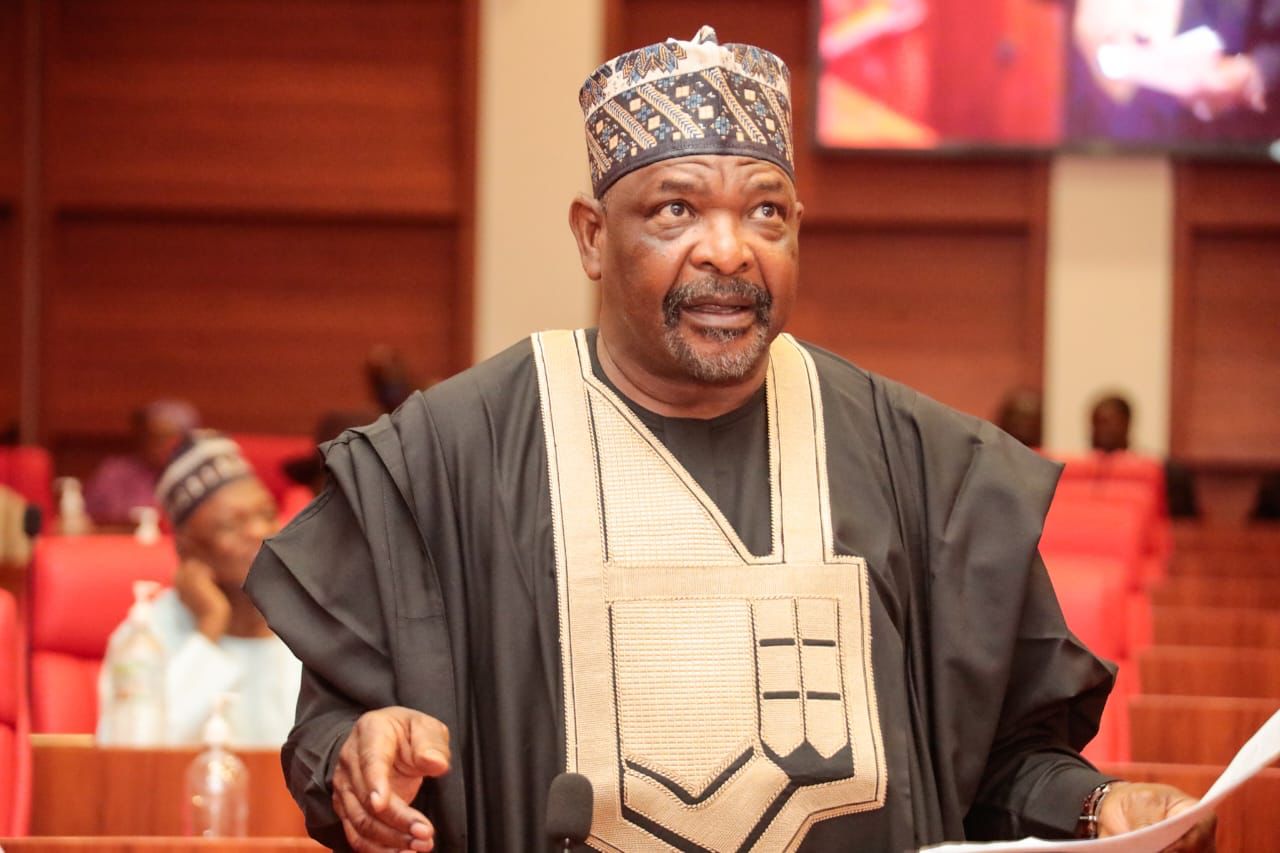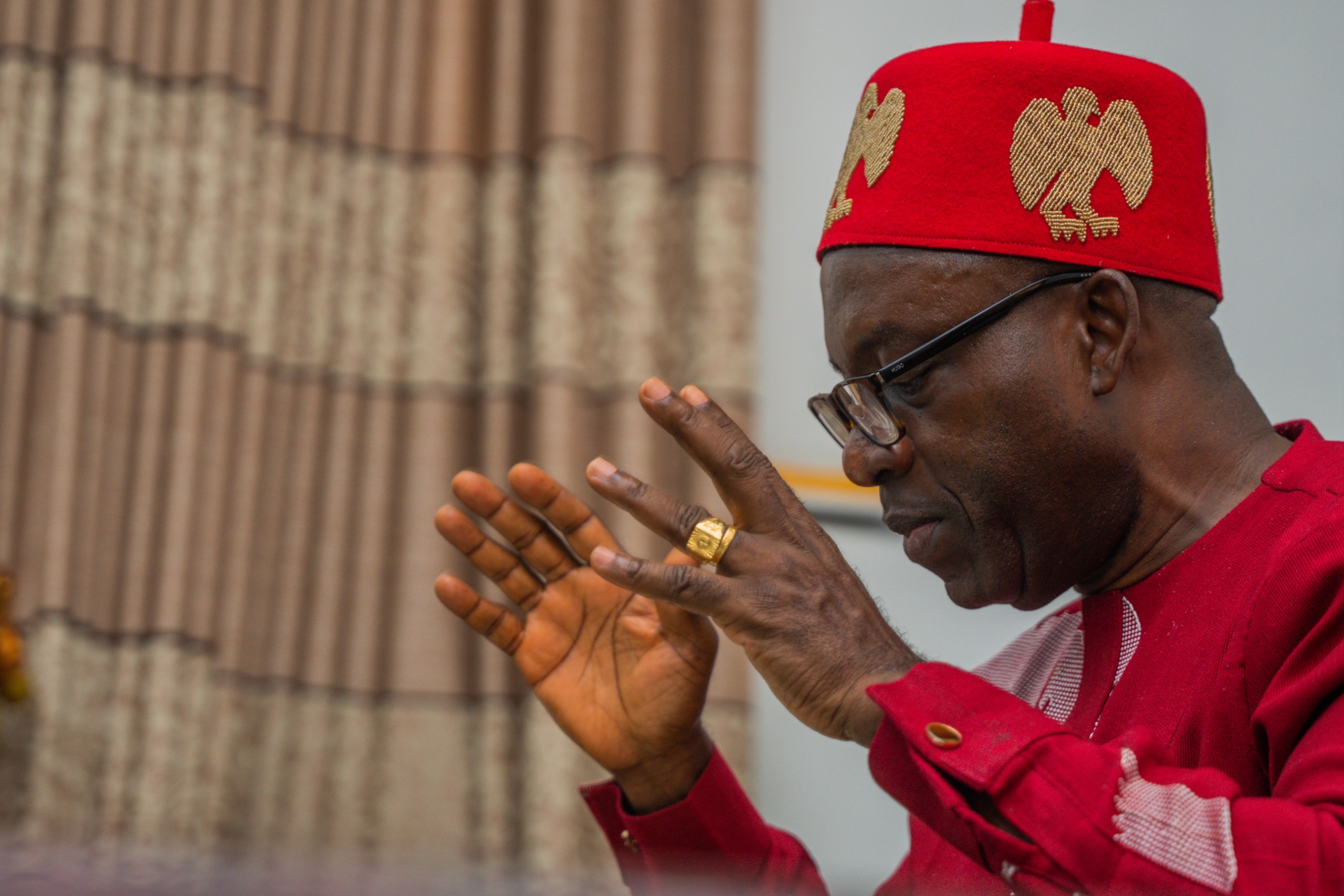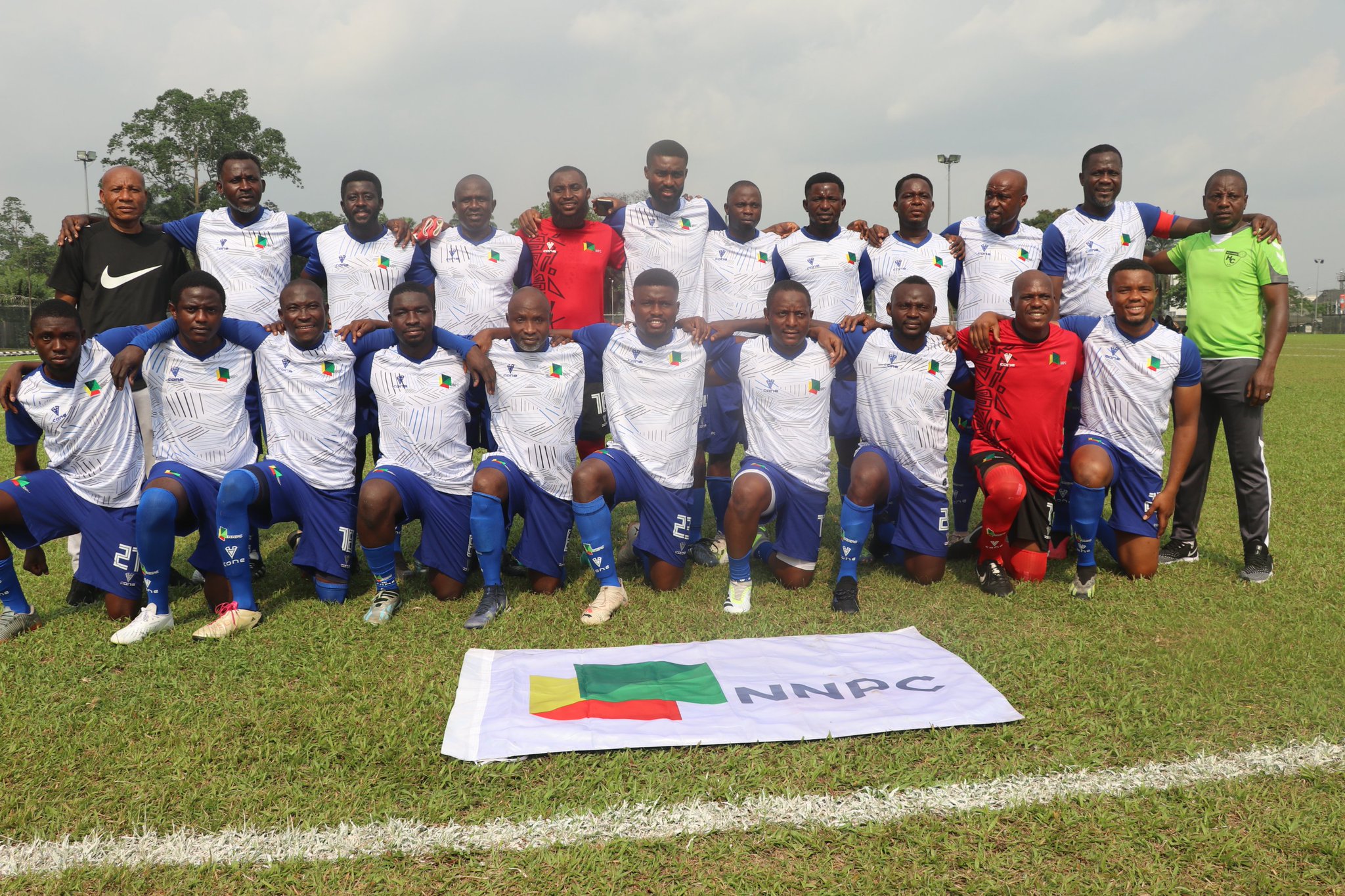Nigerian troops
BY SEYI BABAEKO
The recent incidents of mass kidnapping in Nigeria, particularly the abduction of 287 students in Kaduna state and 15 children in Sokoto state, have elicited shock and condemnation both domestically and internationally. These actions not only reflect a disregard for human life but also pose a significant threat to national security and the attainment of Sustainable Development Goals (SDGs).
As a security expert and patriotic citizen of Nigeria, I am deeply troubled by these developments and recognise the urgent need for a comprehensive and coordinated response to address the root causes of insecurity in Nigeria. It is therefore imperative to condemn these despicable acts in the strongest terms and demand the safe and unconditional release of all abductees without delay.
These reprehensible acts not only highlight the vulnerabilities within our security landscape but also underscore the urgent need for proactive measures to safeguard our communities and institutions. While commendable efforts have been made by Governor Uba Sani of Kaduna and the responsive actions of President Bola Ahmed Tinubu and Vice-President Sen. Shettima Kasim, it is clear that a sustained and multifaceted approach is required to tackle the scourge of terrorism, banditry, and kidnapping in our country.
Advertisement
The collective resolve of security agencies in the country, particularly the State Security Services (SSS), the Nigerian Armed Forces, the Defence Intelligence Agency, and the National Intelligence Agency is crucial in addressing internal and external threats. These developments highlight the need for a comprehensive approach to addressing insecurity and fostering stability in Nigeria.
Collaboration between government agencies, private security firms, and international partners is essential to bolstering our collective resilience and capacity to respond effectively to security threats. The prevalence of out-of-school children, exacerbated by the COVID-19 pandemic and its economic repercussions, further underscores the gravity of the situation. Through concerted efforts at various levels of governance and society, it is possible to mitigate the risks posed by such acts of violence and work towards a safer and more prosperous future for all citizens.
Furthermore, it is imperative to recognise that security is a collective responsibility that extends beyond the purview of government agencies alone. Private security firms, such as my own, play a crucial role in complementing the efforts of law enforcement authorities by providing specialized expertise and resources in threat mitigation and crisis management.
Advertisement
Additionally, collaboration between the public and private sectors is paramount in fostering a cohesive and coordinated response to security challenges. This entails leveraging technology and innovation to enhance situational awareness and response capabilities, as well as facilitating information-sharing and coordination among relevant stakeholders.
In analysing the root causes of these abductions, it is evident that a multifaceted approach is required to address the complex dynamics at play. This includes enhancing intelligence-gathering capabilities to preemptively identify and disrupt potential threats, as well as implementing robust security protocols to fortify vulnerable targets such as schools and educational institutions.
In light of these recent events, I would recommend the following proactive measures to enhance security and mitigate the risk of future abductions in Nigeria:
1. Conduct comprehensive risk assessments of the security vulnerabilities of educational institutions and other high-risk targets to identify potential gaps.
Advertisement
2. Develop and implement customised security protocols and measures, including access control, perimeter security, and emergency response procedures, to mitigate the risk of abduction incidents.
3. Provide ongoing training and professional development opportunities for security personnel to enhance their skills and proficiency in threat detection, crisis management, and conflict resolution.
4. Establish channels for communication and collaboration with local communities, students, parents, and other stakeholders to raise awareness, gather intelligence, and foster a culture of vigilance and resilience.
5. Invest in security infrastructure, personnel, and resources to bolster national security efforts and enhance the overall safety and well-being of citizens.
Advertisement
6. Increase funding/budgetary allocation to the security agencies
7. Facilitate collaborations with the international community.
Advertisement
8. Ensure quick implementations of the President Bola Ahmed Tinubu Renewed Hope Agenda on security.
9. Ensure blockage of all sources of terrorism funding/financing.
Advertisement
10. Deploy security officials to all public schools with regular patrol.
11. Engage and involve traditional rulers in the fight against insecurity.
Advertisement
12. Support the development of sustainable livelihood options in conflict-affected areas, including agriculture, entrepreneurship, and vocational training, to reduce reliance on illicit activities for economic survival.
13. Kickstart community policing initiatives with immediate effect.
14. Strengthen coordination and collaboration among security agencies through the establishment of joint task forces, intelligence fusion centres, and regular information-sharing mechanisms.
15. Expand access to trauma counseling, psychosocial support, and reintegration programs for victims of abduction, ensuring their physical, emotional, and socioeconomic well-being.
In conclusion, by adopting a proactive and collaborative approach grounded in evidence-based strategies and collective action, we can overcome the challenges posed by insecurity and advance the cause of national security and sustainable development in Nigeria. Together, let us work tirelessly to build a safer, more resilient, and prosperous future for all citizens of Nigeria.
God bless the Federal Republic of Nigeria!
Seyi Babaeko, a U.K trained security expert and MD/CEO of Absolute Security and Advance Protocol Ltd, writes from the FCT, Abuja. He can be reached via [email protected]
Views expressed by contributors are strictly personal and not of TheCable.
